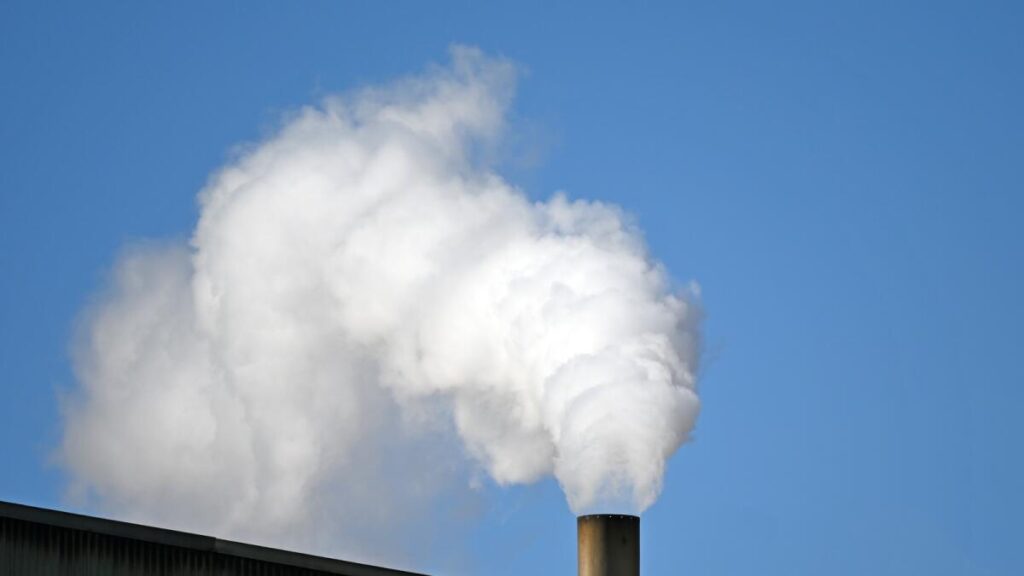
URGENT UPDATE: Family farmers are facing devastating losses due to the escalating impacts of climate change, with insured losses from extreme weather events soaring to $22.5 billion over the past five years, marking a staggering 67% increase from the previous period. This alarming trend is primarily driven by the severe consequences of pollution, which traps heat and exacerbates natural disasters like fires, floods, and droughts.
The Insurance Council of Australia has highlighted the urgent need for industry and government action to combat climate change, advocating for a steadfast commitment to achieving net-zero emissions by 2050. The council’s report emphasizes that without immediate and effective measures to reduce emissions, the financial burden on farmers will continue to escalate, jeopardizing their livelihoods.
The catastrophic Lismore floods alone are estimated to have cost $6.4 billion, illustrating the severe financial strain that extreme weather events impose on the agricultural sector. Farmers typically manage to survive one weather disaster, but the cumulative effects of multiple events can be devastating.
As global climate commitments tighten, with nearly 200 countries pledging to reduce emissions, the pressure is mounting on farmers to adapt. China’s emissions have reportedly decreased since 2024 due to significant investments in renewable energy projects. Meanwhile, farmers could potentially generate between $900 million and $1.1 billion from clean energy rent by 2030, creating dual income streams from traditional agriculture and renewable energy.
A recent poll conducted by a member of the Australian Polling Council reveals that support for clean energy projects in regional Renewable Energy Zones stands at 62%, with only 17% opposing such initiatives. This demonstrates a growing public recognition of the need for sustainable energy solutions that not only protect the environment but also bolster farmers’ incomes.
The rise of renewable energy is providing farmers with new opportunities. Reports indicate that farmers can earn around $40,000 per turbine annually and up to $1,500 per hectare for solar installations. These developments enhance land productivity, as evidenced by farmers like Peter Holding, who has seen a 20% improvement in wool production from sheep grazing under solar panels.
Farmers are calling for respect and fair compensation for their contributions to renewable energy initiatives. With ongoing efforts to improve transmission infrastructure, like the anticipated reset in western Victoria, there is hope for a more supportive environment for agricultural stakeholders.
As climate change continues to threaten the agricultural landscape, the need for urgent action has never been more critical. Farmers and policymakers must work collaboratively to ensure a sustainable future for agriculture, as the impacts of climate change are felt across the globe.
Stay informed and engaged as developments unfold in this pressing issue that affects us all.






